Hightech Agenda Bavaria
The Hightech Agenda Bavaria is a major step forward for innovation: the initiative comprising approximately €5.5 billion of investment and is utterly unique in Germany. It invests in the brightest minds and aims to create and maintain 3,800 positions across Bavarian universities. This includes establishing 1,000 new professorships in key fields for the future, such as artificial intelligence, cleantech and aerospace.
Please refer to our image brochure for further information about the Hightech Agenda.
Facts & Figures
The Free State of Bavaria is investing €5.5 billion in ensuring our state is fit and ready for the future.
The Hightech Agenda will create 1,000 new professorships and 13,000 additional university places, including many in AI and SuperTech.
In the future, 46 technology transfer centres will facilitate an exchange of innovative applied research between universities and companies in Bavaria.
The Free State of Bavaria is investing over €50 million in hydrogen stations and support for the 300 stakeholders in the newly established Bavarian Hydrogen Alliance.
Bavaria plans to allocate €100 million to air mobility and the development of innovative transport solutions.
The Free State provides €130 million of funding for 19 digital start-up centres across 28 locations.
Milestones
The key developments in the Hightech Agenda to date
How has the initiative progressed over the years? This timeline details the highlights in the history of the Hightech Agenda Bavaria to date, from its announcement by the Bavarian state government to the present day.
Flagship Projects
Bavaria is committed to concerted investment in state-of-the-art research and career opportunities in connection with innovative future technologies.
The Leibniz Supercomputing Centre
The Leibniz Supercomputing Centre (LRZ) is a world-class supercomputing centre that enables academics and researchers to perform ultra-complex calculations with one of the world’s most powerful supercomputers.
The recent decision taken by the European High-Performance joint Undertaking (EuroHPC JU) to integrate quantum processors into a classical supercomputer at the Leibniz Supercomputing Centre illustrates Bavaria’s impressive leading position in this emerging field.
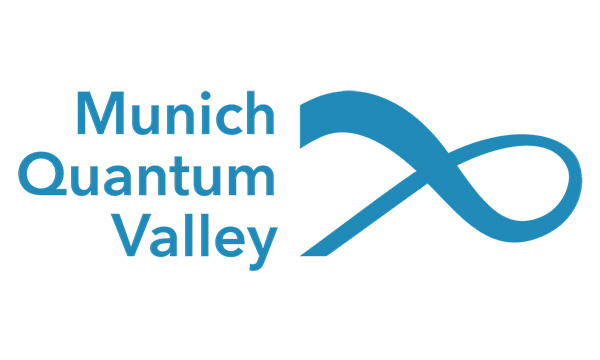
Munich Quantum Valley
The supercomputer of tomorrow is currently under construction in Munich Quantum Valley (MQV). The joint platform – a collaborative project between academia, industry, research and public organisations – offers state-of-the-art conditions to promote the research and development of quantum technologies and quantum computing throughout Bavaria. The MQV is a crucial part of the Bavarian quantum technology ecosystem. Continued development of these advanced technologies promises to give rise to a phenomenal quantum industry in the region.
The Munich Center for Machine Learning (MCML) and the Munich Institute of Robotics and Machine Learning (MIRMI) stand for world-class research and development in the field of artificial intelligence.
Hyperloop
The high-speed transport system of the future, the Hyperloop, is the subject of research and development in Munich. This work is spearheaded by the Department of Aerospace and Geodesy at the Technical University of Munich (TUM). Featuring an outstanding team of 25 professors and research chairs, the department is at the cutting edge of international research. TUM holds an impressive fifth place for geodesy & remote-sensing in the global ShanghaiRanking of Academic Subjects, and 17th place for aerospace studies (TUM Hyperloop | Engineering A World Without The Limits Of Distance And Time).
Bavarian Artificial Intelligence Network
Last but not least, the Bavarian Artificial Intelligence Network is based in Munich (with a focus on intelligent robotics) and has established several centres of excellence in Würzburg (data science), Erlangen-Nuremberg (health sciences) and Ingolstadt (mobility). These centres connect over 100 professors throughout the region who specialise in artificial intelligence. The network offers Bavaria a one-of-a-kind ecosystem in the emerging field of artificial intelligence.
Securing the Brightest Minds for Bavaria
Innovation starts with an idea. And, when it comes to achieving progress, vision is every bit as important as knowledge. The Hightech Agenda Bavaria brings renowned academics and up-and-coming young talent to Bavaria. By promoting collaboration, Bavaria continues to advance on a daily basis, acting as a hub of innovation to continuously improve day-to-day life across the state.
Bavaria has Germany’s most advanced law on professorial appointments, which enables institutions to appoint academics with outstanding qualifications faster and more easily than ever before.
An integral part of the Hightech Agenda, the Distinguished Professorship Programme, is designed to help the state’s institutions attract professors of international renown. It promotes long-term positions and facilitates high-level research in multidisciplinary, pioneering scientific exploration. If a university successfully appoints a researcher who meets the criteria, the DPP can award up to €5 million to fund their research over a five-year period.
The videos below introduce a selection of professors appointed in connection with the Hightech Agenda Bavaria through its focus on research and education. We will supplement this overview as the initiative progresses.
A renowned researcher in the field of stem cells and organoids, Prof. Matthias Hebrok was appointed at the Technical University of Munich (TUM) through the Bavarian Distinguished Professorship Programme. Prof. Hebrok introduces himself and his research in this Q&A video.
Prof. Marcel Hülsbeck was appointed at Munich University of Applied Sciences (HM) through the Distinguished Professorship Programme to conduct research into transformation and innovation in small and medium-sized enterprises (SMEs) and family businesses. Prof. Hülsbeck introduces himself and his research in this Q&A video.
The internationally renowned computer scientist Prof. Robert Wille was appointed at the Technical University of Munich (TUM) as part of the Distinguished Professorship Programme. Prof. Wille introduces himself and his research in this Q&A video.
Prof. Wolfram Burgard is among the most internationally renowned robotics experts – and, thanks to the Distinguished Professorship Programme, is now conducting research at University of Technology Nuremberg (UTN). Prof. Burgard introduces himself and his research in this Q&A video.
Prof. Andreas Kassler, an internationally respected specialist in communication networks and internet technologies, was appointed at the Deggendorf Institute of Technology (TH Deggendorf) as part of the Bavarian Distinguished Professorship Programme. Prof. Kassler introduces himself and his research in this Q&A video.
Prof. Bastian J. M. Etzold, an expert of international renown in sustainable energy storage and chemical production, will teach and research at the Friedrich Alexander University of Erlangen-Nuremberg (FAU) following his appointment through the Bavarian Distinguished Professorship Programme. Prof. Etzold introduces himself and his research in this Q&A video.
Prof. Amber Schneeweis, an internationally respected expert in materials science and technology, will teach and research at the Rosenheim Technical University of Applied Sciences (TH Rosenheim) following her appointment through the Bavarian Distinguished Professorship Programme. Prof. Schneeweis introduces herself and her research in this Q&A video.
Racism, gender, hierarchical systems and post-colonial structures are some of the topics that internationally renowned artist Syowia Kyambi examines in her work. She combines video art and photography with performance art. The German-Kenyan artist has been appointed to a position at the Academy of Fine Arts (AdBK) Nuremberg until April 2026. She became the first female appointment at an art college through the Bavarian Distinguished Professorship Programme. Prof. Kyambi introduces herself and her research in this Q&A video.
Distinguished Careers and Quality of Life

Bavaria offers outstanding educational opportunities combined with an exceptional quality of life. In a recent study, Bavaria placed second in a global ranking of industrial regions. In addition to first-rate study programmes, Bavaria provides excellent career prospects in business and technology. It offers unique conditions for professionals to excel while enjoying a cosmopolitan society, excellent living conditions and a technology-driven country.
Study and work in Bavaria
The Hightech Agenda offers an immaculate environment for science, technology, engineering and mathematics (STEM) study programmes, culminating in limitless career prospects across Bavaria.
The Hightech Agenda’s recent announcement of an additional 3,800 academic positions, including 1,000 additional professorships, has substantially increased Bavaria’s already impressive higher education offering. Particularly worthy of note is the establishment of 100 university chairs in the field of artificial intelligence.
One thing is certain: great academic careers begin in Bavaria! The state is home to a number of internationally renowned universities. The Hightech Agenda’s billions of investments in education, combined with Bavaria’s higher education legislation – which is among the most modern in Germany – means that the state’s internationally renowned universities are set to maintain their leading position in the international rankings. In 2022, the Technical University of Munich (TUM) further improved its international standing, finishing fifth worldwide in the field of robotics with CSRankings. TUM has consolidated its position as a leading high-tech university, becoming the only European university ranked in the top ten. In addition, young scientists in Bavaria secured 13 European Research Council (ERC) grants in 2022 alone. Each ERC grant provides up to €1.5 million for leading scientists in Bavaria with a passion for innovation.
Exceptional Conditions for Founders and Start-ups
Higher education institutions play a central role in creating and levelling up newly established businesses in Bavaria’s start-up ecosystem. Medium and large-scale institutions stood out in Gründungsradar 2022 – an annual ranking conducted by Stifterverband based on entrepreneurial merit. The Bavarian Higher Education Innovation Act (BayHIG), which came into effect on 1 January 2023, has further strengthened this ecosystem. Higher education institutions have expressly declared promoting innovative start-ups and entrepreneurial ventures as a key objective, further illustrating Bavaria’s entrepreneurial ambition.
The Hightech Agenda fosters the Transfer of Knowledge and Technology
The establishment of 15 new technology transfer centres (Technologietransferzentren – TTZ) will further enhance collaboration between companies and higher education institutions across Bavaria, especially in relation to cutting-edge technology. This creates ideal conditions for the transfer of scientific knowledge into marketable products, propelling the innovative power and competitiveness of the Bavarian economy to a new level. There are already 26 technology transfer centres throughout Bavaria, which recently benefited additional funding through the Hightech Agenda. Four further centres are currently under construction.
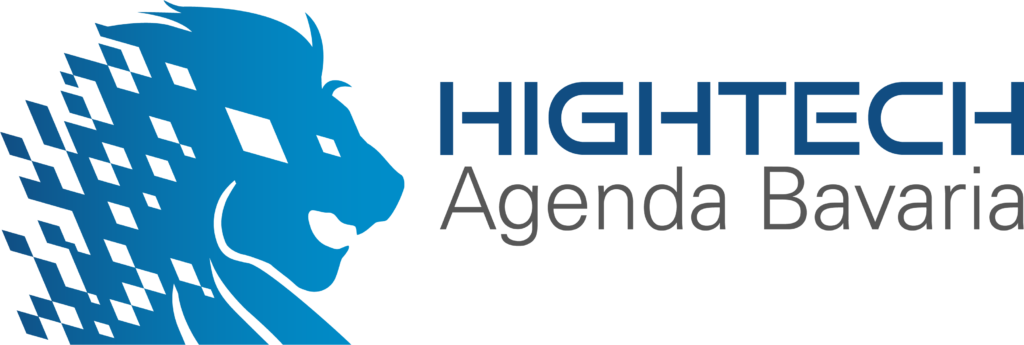


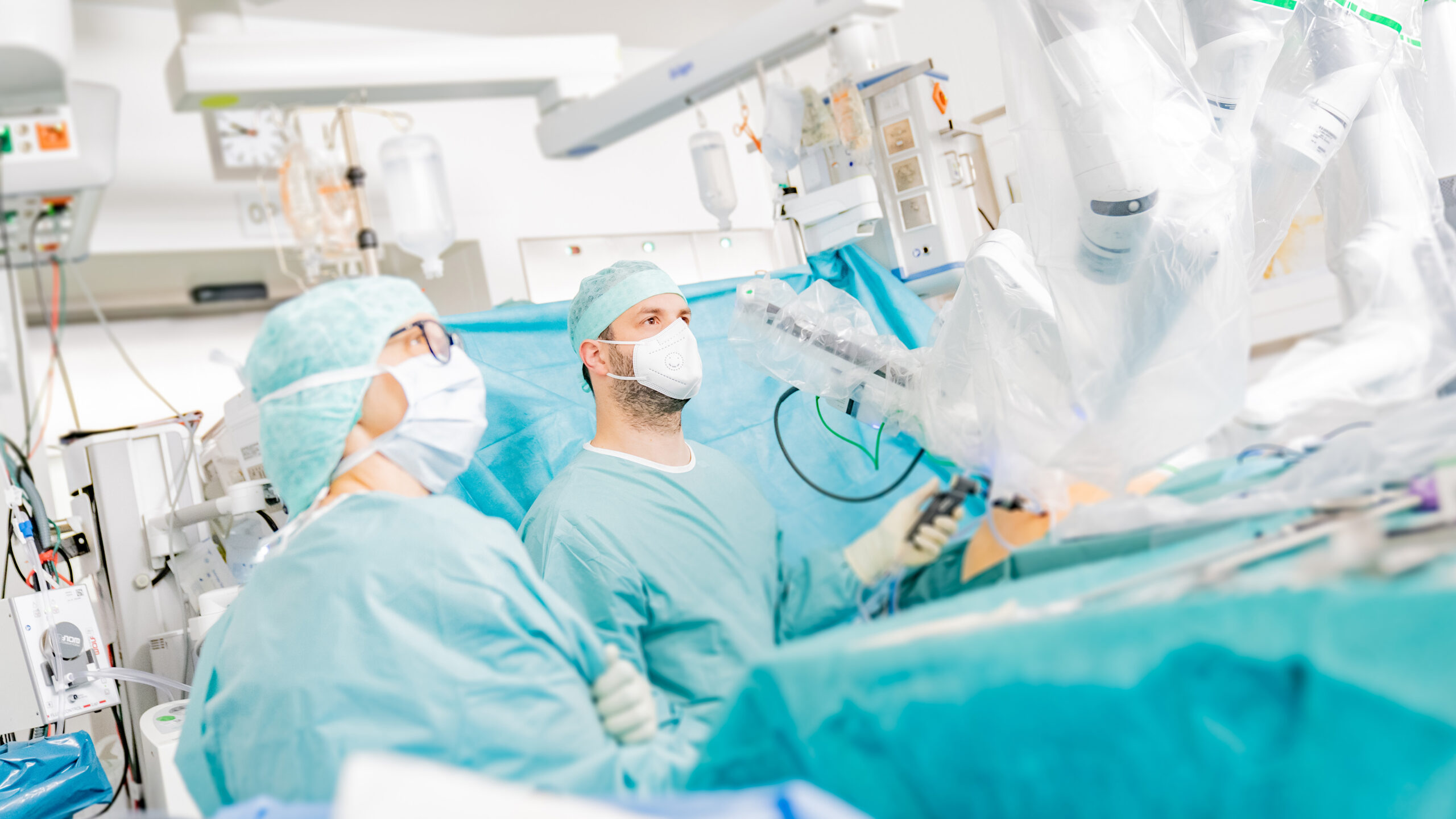



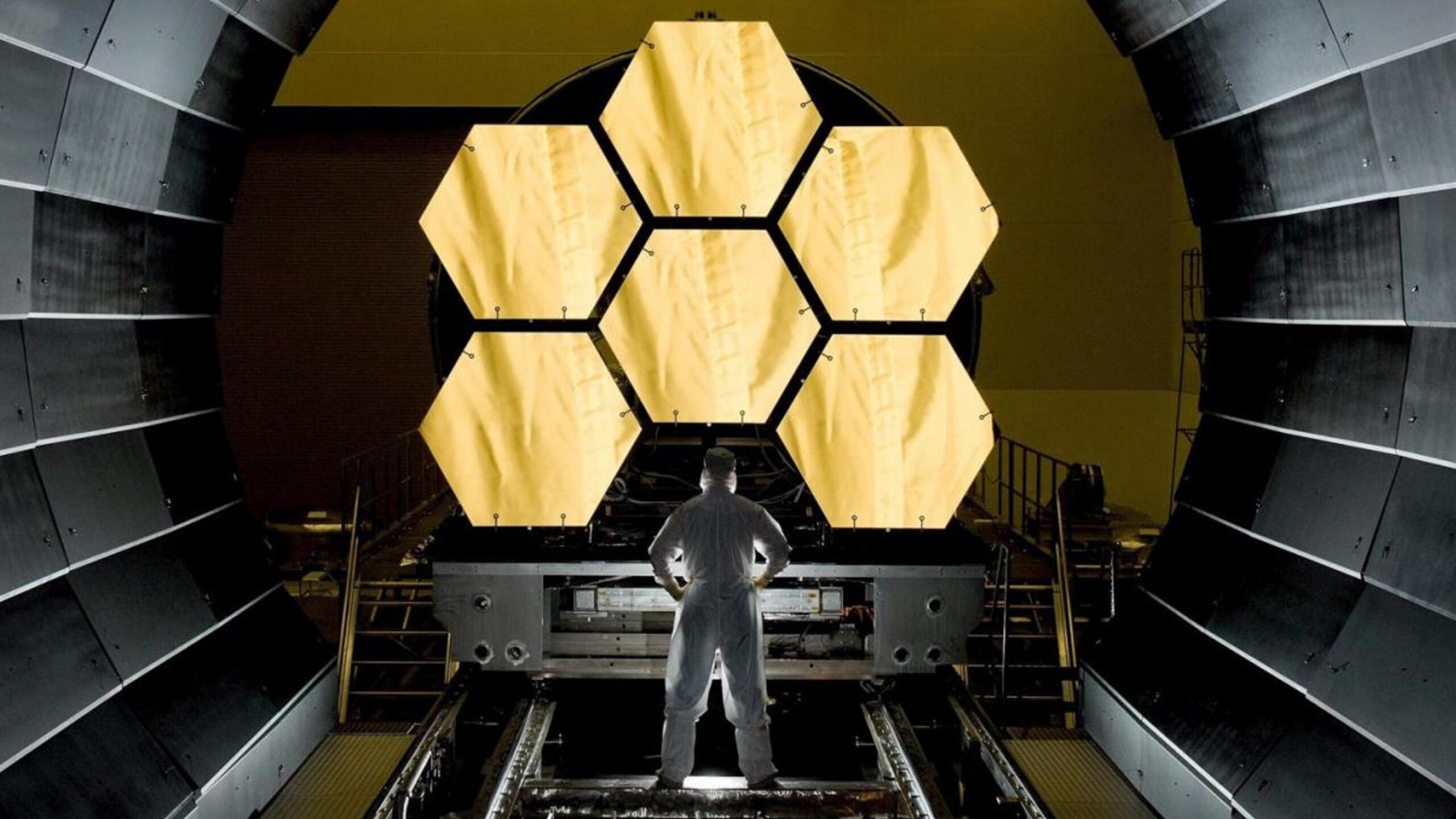

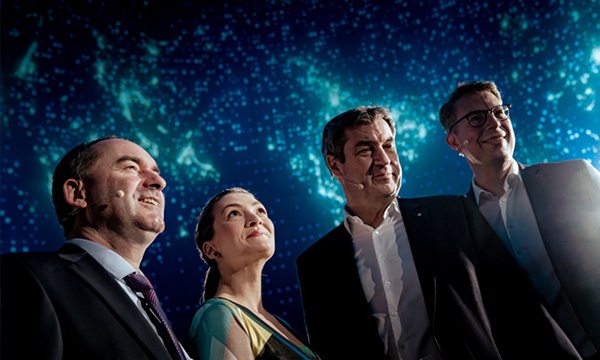
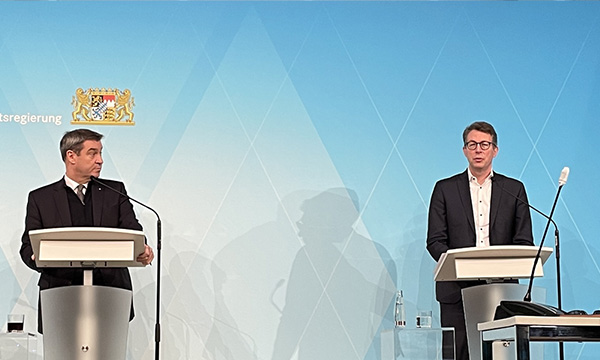
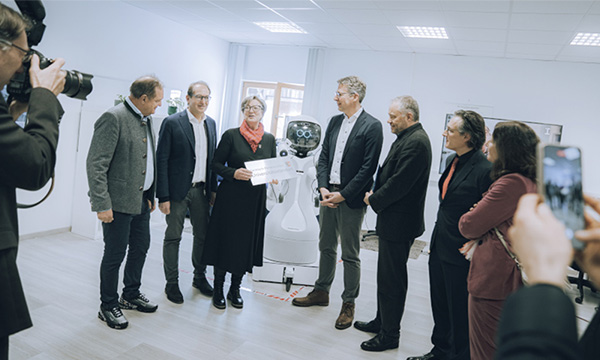
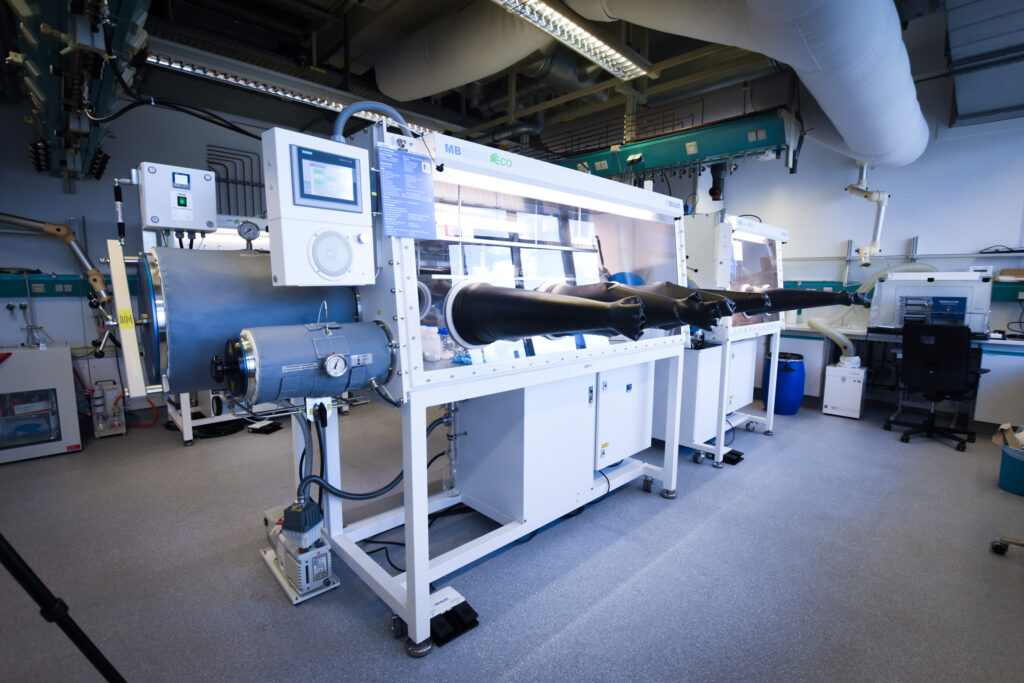
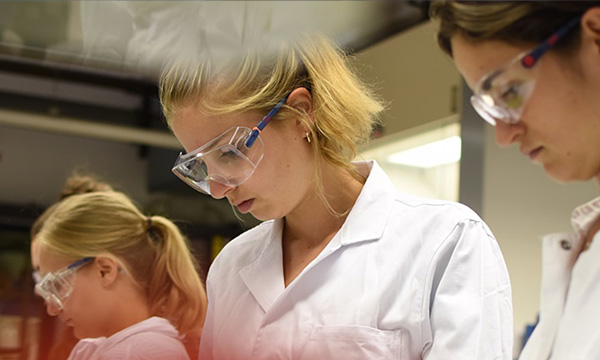
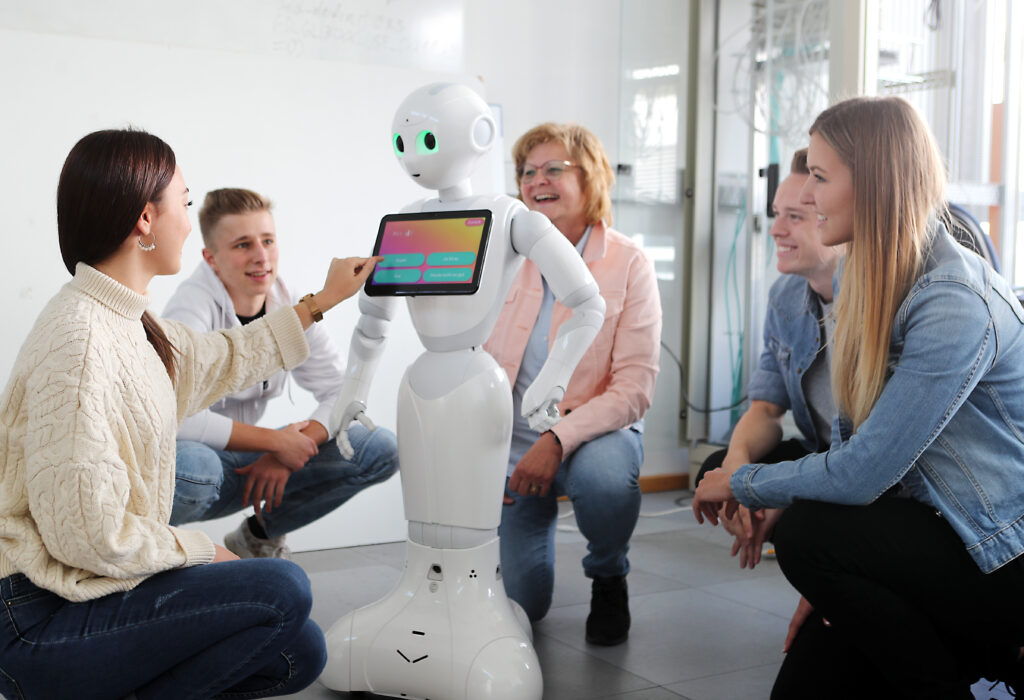

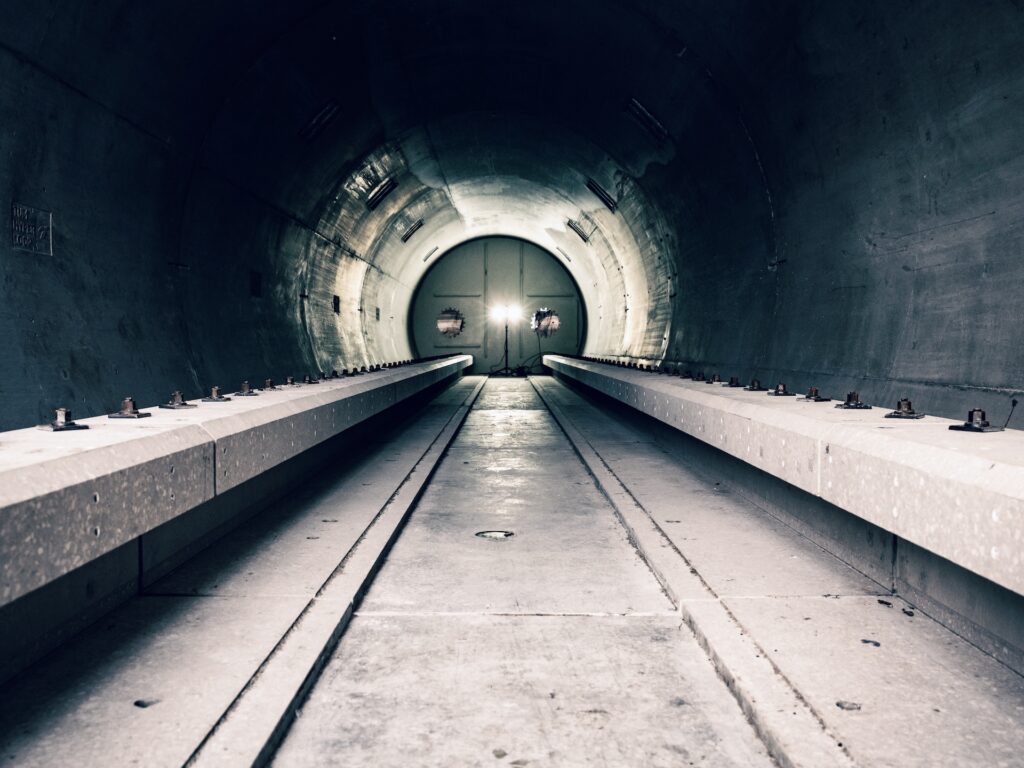
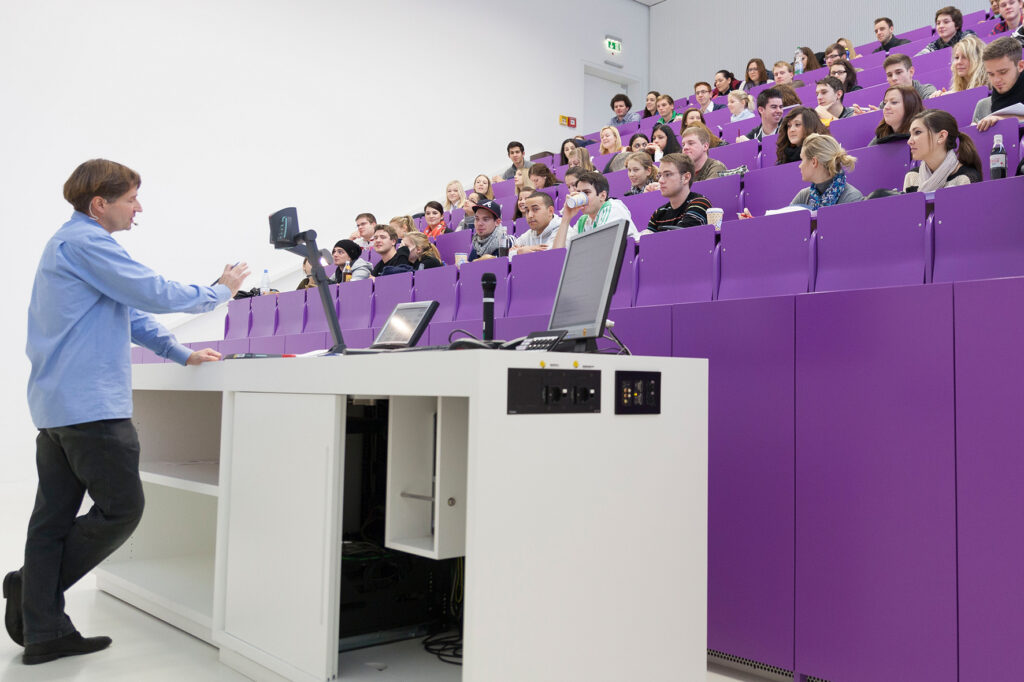
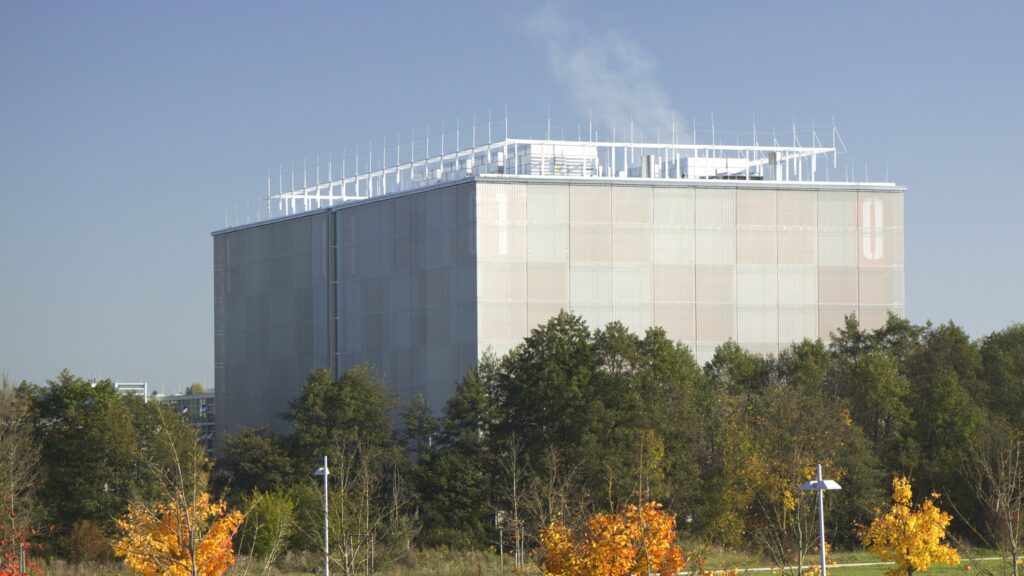
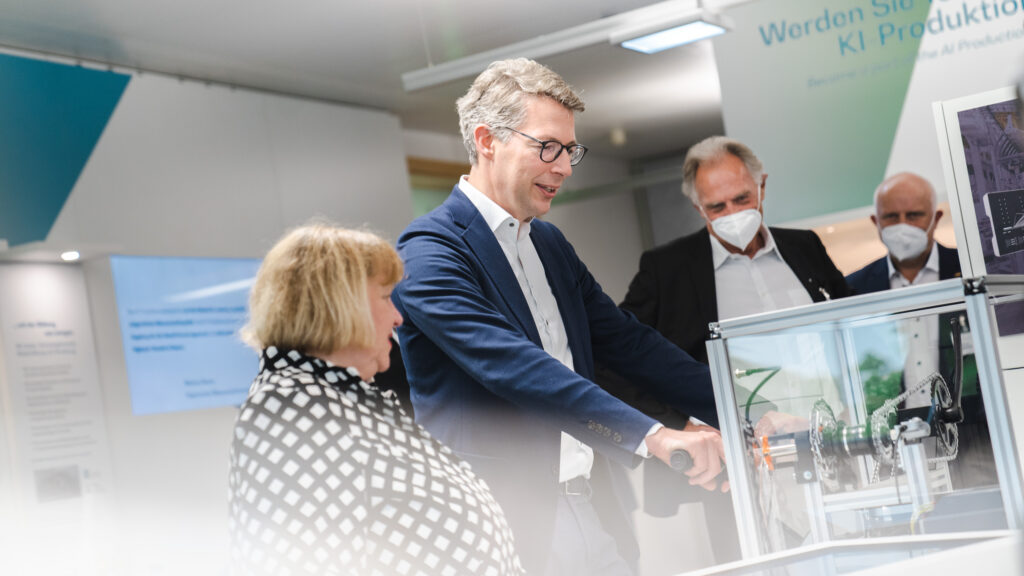
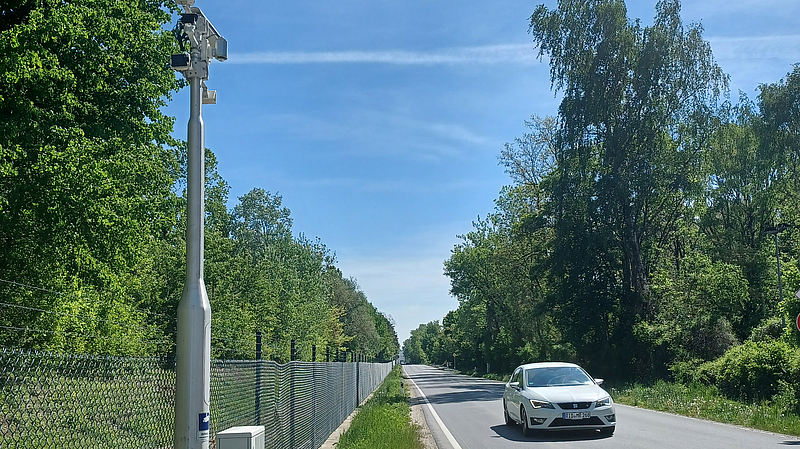
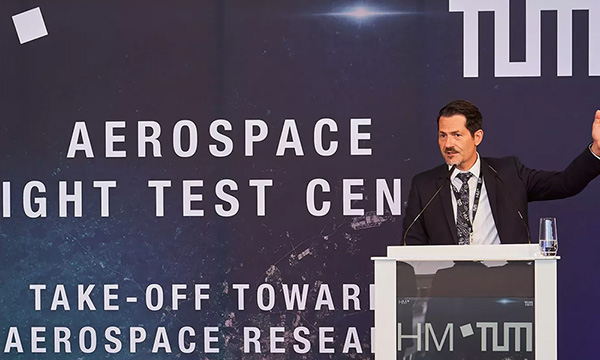
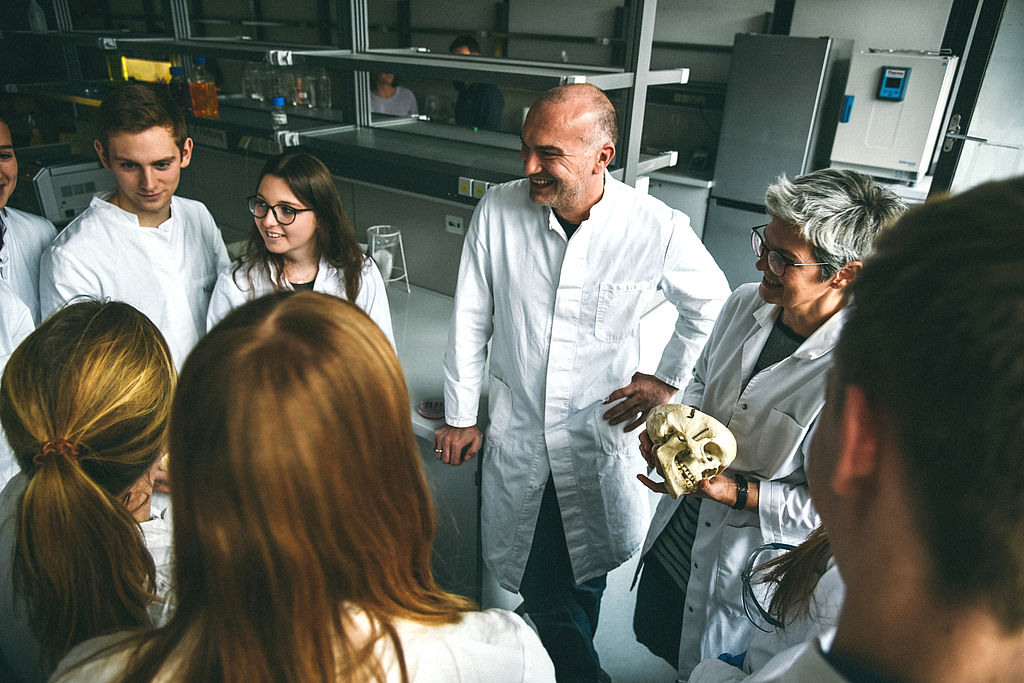
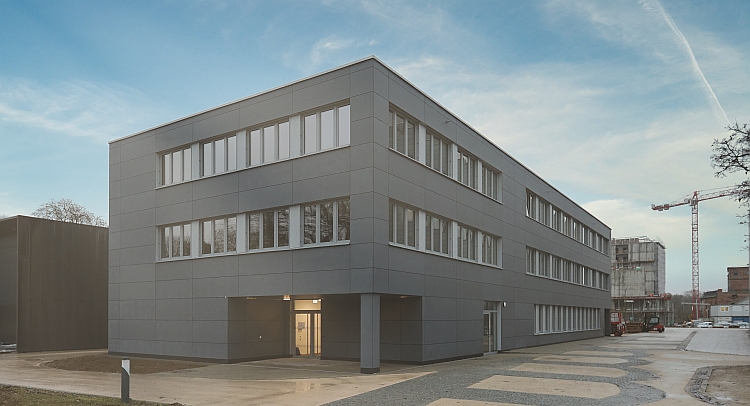
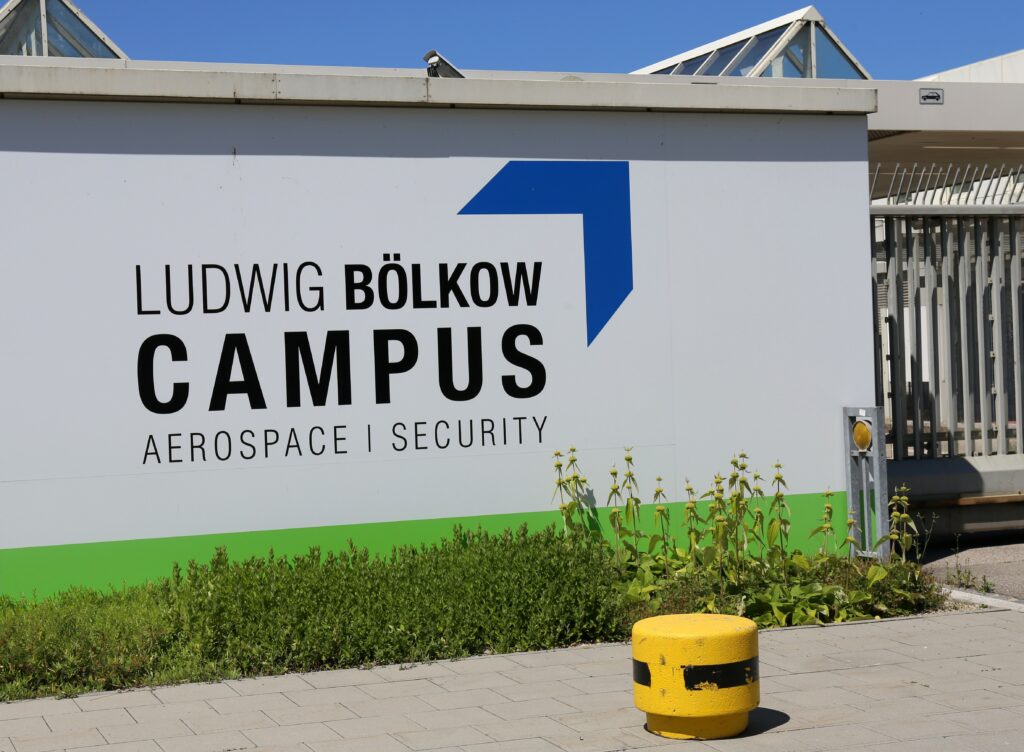

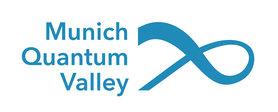
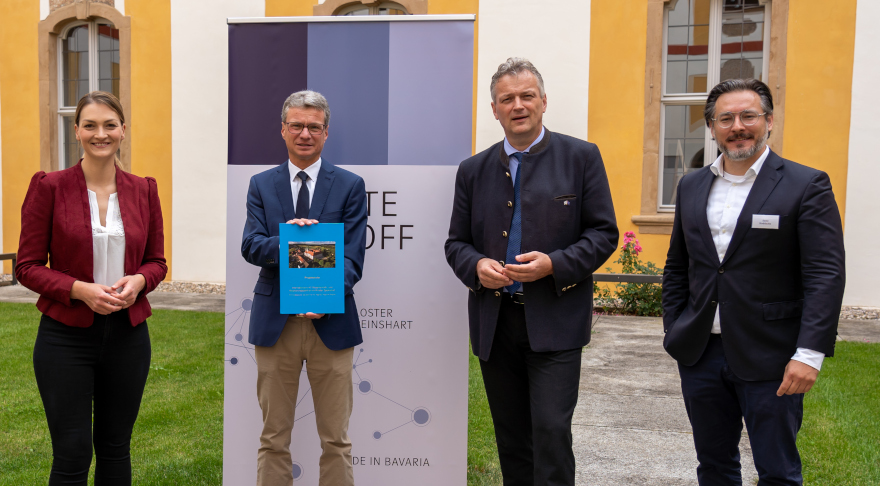

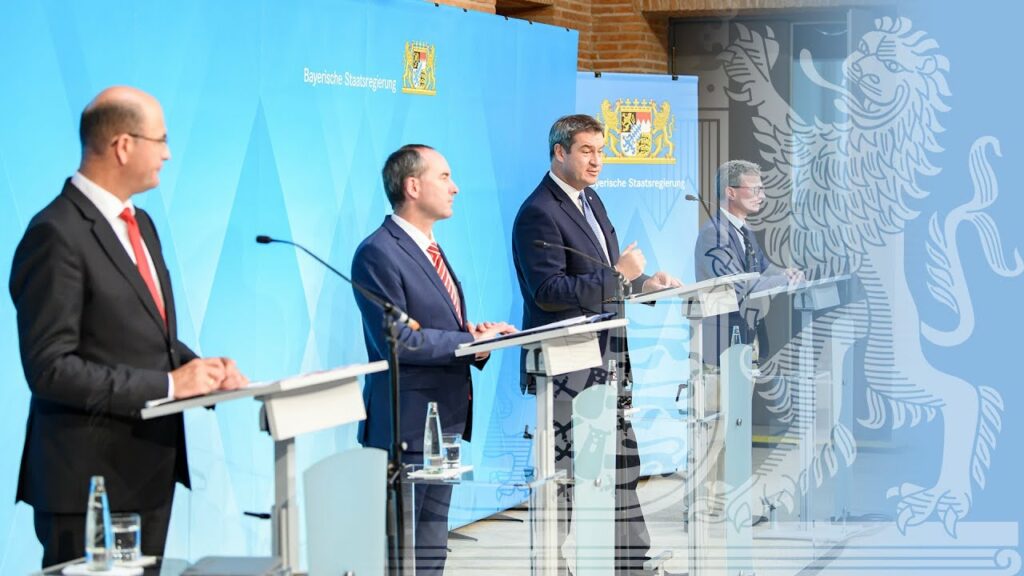
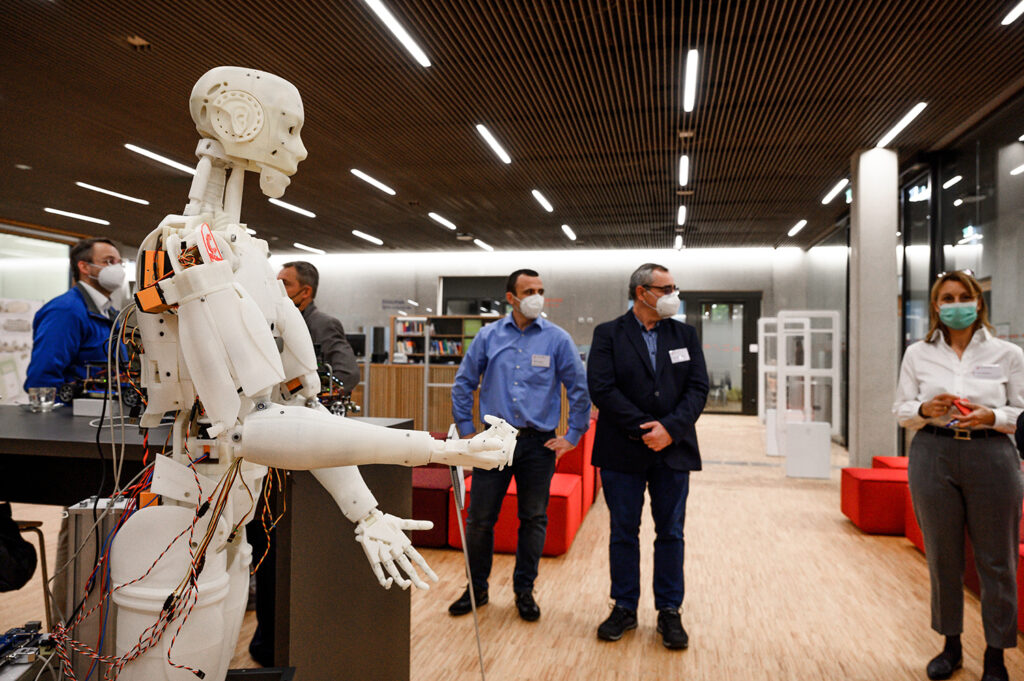
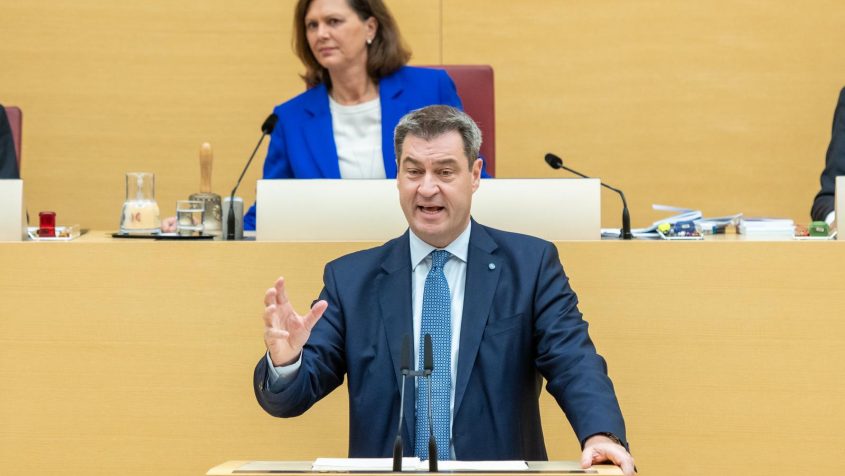
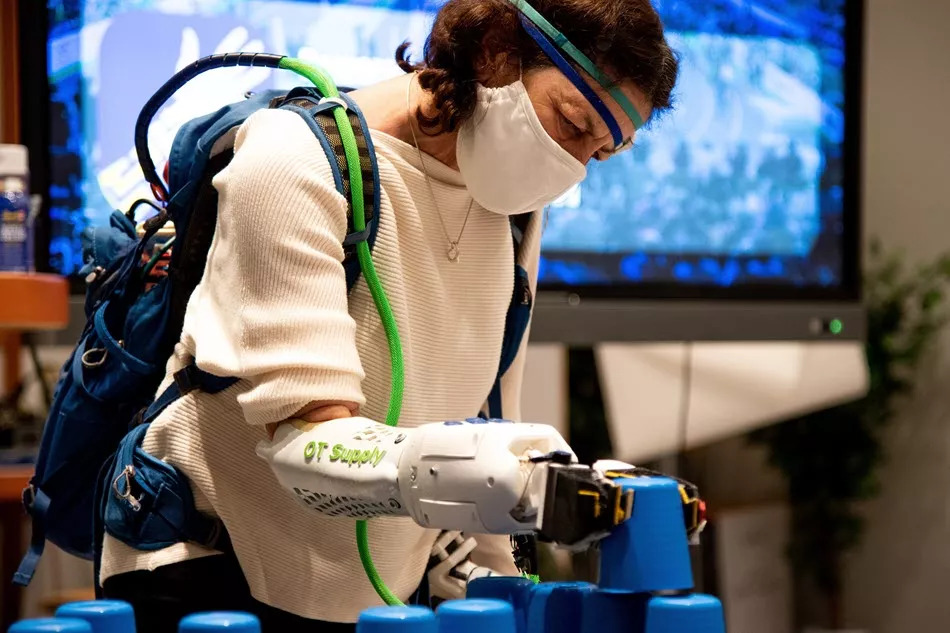
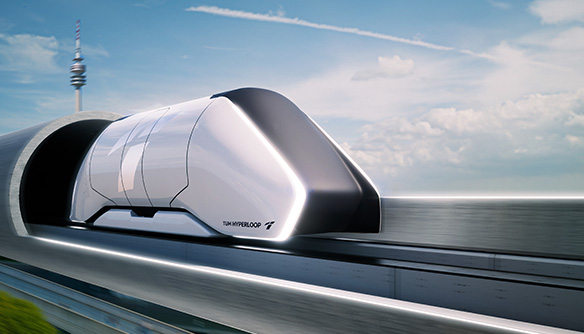


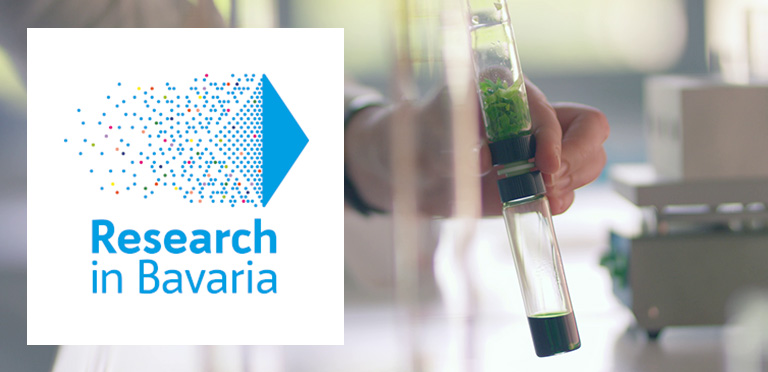


#hightechagendabayern